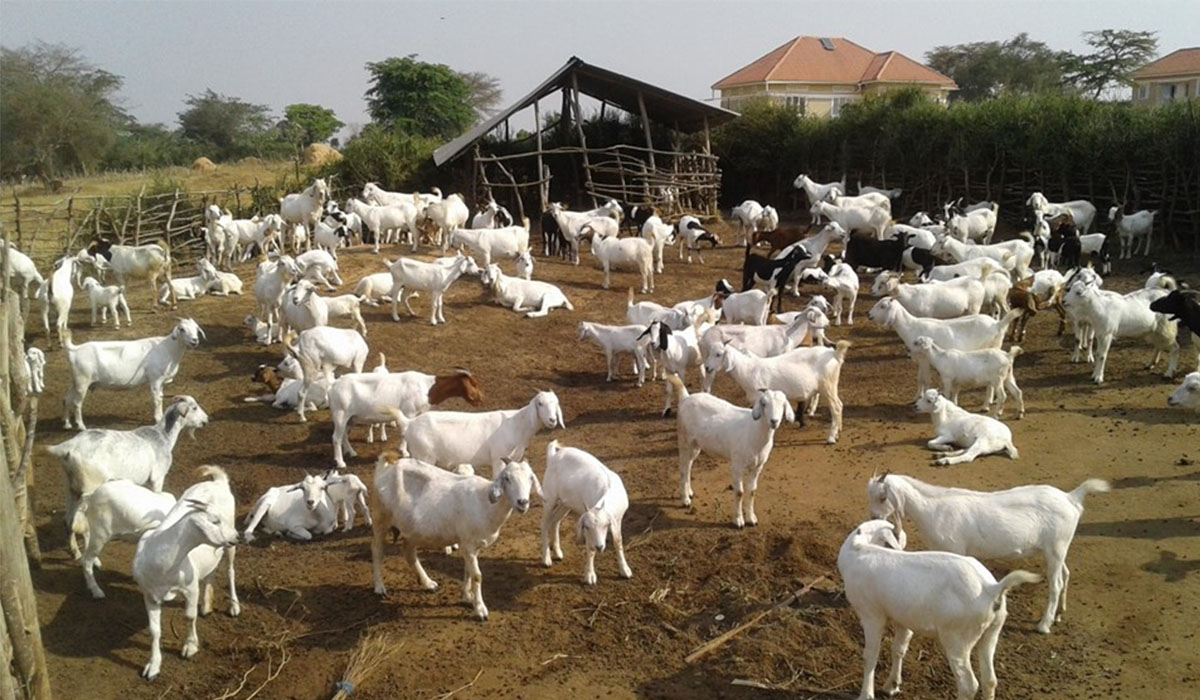
Goat farming is a lucrative and rewarding agricultural venture, providing a source of income and employment for many. However, starting a successful goat farm requires careful planning, consideration of essential requirements, and a solid understanding of the industry. In this article, we'll outline the basic requirements for starting a goat farming project.
Land and Infrastructure Requirements
Before starting your goat farm, ensure you have:
- Suitable land: A minimum of 1-2 acres of land, depending on the breed and size of your goat herd.
- Fencing: Sturdy fencing to enclose the farm and protect your goats from predators.
- Shelter: A well-ventilated, dry, and secure shelter to provide protection from harsh weather conditions.
- Access to water: A reliable source of clean water for drinking and irrigation.
Breeding Stock and Genetics
Selecting the right breeding stock is crucial for a successful goat farm:
- Breed selection: Choose breeds suitable for your climate, market demand, and farming goals (e.g., Boer, Alpine, or Saanen).
- High-quality bucks: Select healthy, fertile bucks with desirable genetic traits.
- Healthy does: Ensure does are free from diseases and have a good reproductive history.
Nutrition and Feeding Requirements
Provide your goats with:
- Quality feed: Nutritious feed, including hay, grains, and minerals.
- Grazing area: Adequate grazing space for browsing and exercise.
- Watering system: A reliable and clean watering system.
Equipment and Machinery Needs
Essential equipment includes:
- Fencing materials: Wire, posts, and other fencing tools.
- Watering and feeding equipment: Buckets, troughs, and watering systems.
- Health and veterinary equipment: First aid kit, vaccination equipment, and parasite control tools.
- Handling and restraint equipment: Gloves, halters, and scales.
Health and Veterinary Care
Protect your goats' health with:
- Regular vaccinations: Consult a veterinarian for recommended vaccination schedules.
- Parasite control: Monitor and control internal and external parasites.
- Disease monitoring: Regularly inspect your goats for signs of illness.
- Veterinary care: Establish a relationship with a local veterinarian.
Management Requirements
Effective management is critical:
- Record keeping: Maintain accurate records of breeding, births, vaccinations, and finances.
- Breeding and reproduction management: Monitor breeding cycles and reproductive health.
- Marketing strategies: Develop a plan for selling goat products (meat, milk, or fiber).
Initial Investment and Ongoing Costs
Starting a goat farm requires:
- Initial investment: Land preparation, infrastructure development, breeding stock, and equipment.
- Ongoing costs: Feed, veterinary care, marketing, and labor.
Conclusion
Starting a successful goat farm requires careful planning, attention to detail, and a commitment to providing quality care for your animals. By understanding these basic requirements, you'll be well on your way to establishing a thriving goat farming project.

